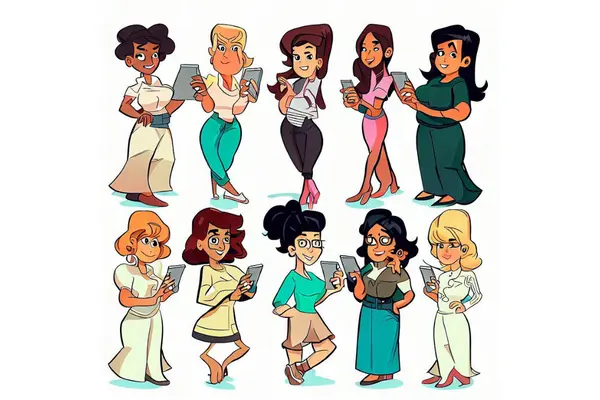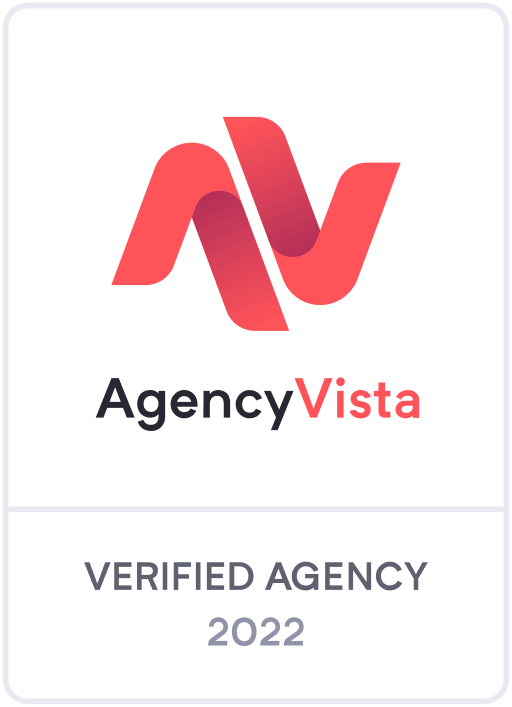
Social media has become an essential tool for people to access information, share experiences, and connect with others. For parents and pregnant women, social media has become a platform to access health-related information and support related to parenting and children’s health. However, social media can also be a source of misinformation, which may be harmful when people use this information to make health-related decisions for themselves and their families. To understand social media use patterns among parents and women of childbearing age in the US, we used data from a 2021 Pew Research Center survey. The survey found that most parents and women of childbearing age use YouTube, Facebook, and Instagram, with most engaging daily.
Social Media Use Among US Parents
The Pew Research Center’s January 2021 Core Trends Survey found that the most popular social media platforms among US parents were YouTube (88%), Facebook (79%), and Instagram (47%). The survey also found that mothers appeared more likely to use Facebook, Instagram, Pinterest, Snapchat, and TikTok, while fathers appeared more likely to use Twitter and Reddit. Younger parents were more likely to use several platforms, especially Instagram, Snapchat, and TikTok, but less likely to use Pinterest. US parents with at most a high school education and those living in rural areas appeared less likely to use several platforms.
Frequency of Social Media Use Among US Parents
The survey found that more than half of US parents who use YouTube, Facebook, Instagram, and Snapchat engage on these platforms daily. Among US parents who use Facebook, 83% of mothers and 76% of fathers engage on this platform daily. Among US parents who use Instagram, 50% of mothers and 54% of fathers engage daily.
Social Media Use Among US Women of Childbearing Age
The survey found that women aged 18 to 39 years, who are of childbearing age, use social media platforms at high rates. Most women of childbearing age use YouTube (81%), Facebook (76%), and Instagram (47%). Women aged 18 to 24 years appeared more likely to use Instagram and Snapchat than women aged 25 to 39 years. The survey found that 76% of women of childbearing age who use Facebook engage on this platform daily, and 48% of women of childbearing age who use Instagram engage daily..
Social Media Use by Mothers, Parenting Status, and Age Among US Women of Childbearing Age
The survey found that 85% of women of childbearing age who are parents use Facebook, and 53% of women of childbearing age who are parents use Instagram. Women of childbearing age who are parents appeared more likely to use Facebook, Instagram, and Pinterest than women of childbearing age who are not parents. Women of childbearing age who are parents aged 18 to 24 years appeared more likely to use Instagram and Snapchat than women of childbearing age who are parents aged 25 to 39 years.
Implications for Public Health Professionals, Health Care Systems, and Researchers
Understanding social media use patterns can help public health professionals, health care systems, and researchers reach selected populations with evidence-based health information and health promotion programs. Social media platforms are an important tool for disseminating health information, and understanding which platforms are most used by specific populations can help public health professionals tailor their messages and increase the reach of their programs. Additionally, healthcare systems can use social media platforms to engage with patients and improve health outcomes. Researchers can also use social media platforms to recruit participants for studies and disseminate research findings.
Yes, Facebook Is Strong With Mothers
Social media use among parents and women of childbearing age in the US is high, with YouTube, Facebook, and Instagram being the most popular platforms. Mothers and younger parents appear more likely to use certain platforms, while fathers and older parents appear more likely to use others. Understanding social media use patterns among these populations can help public health professionals, healthcare systems, and researchers reach them with evidence-based health information and health promotion programs.
However, social media can also be a source of misinformation, which may be harmful when people use this information to make health-related decisions for themselves and their families. It is important to educate the public on how to identify and evaluate reliable sources of health information online. Public health professionals, healthcare systems, and researchers can also collaborate with social media platforms to ensure the dissemination of accurate and trustworthy health information. Overall, social media presents both opportunities and challenges for promoting public health, and it is important to navigate this landscape effectively to improve health outcomes.


